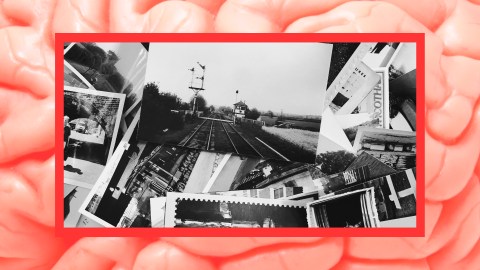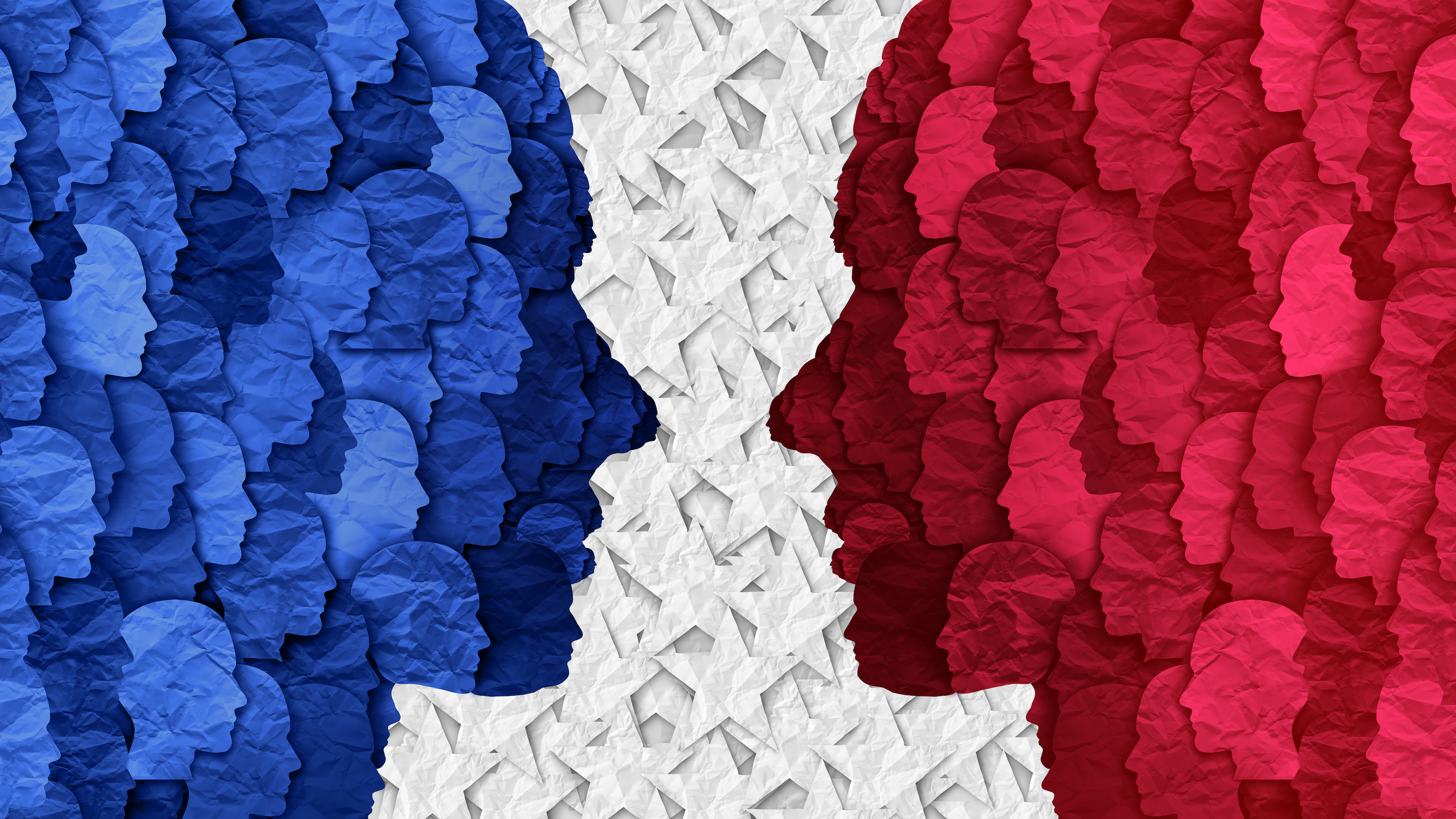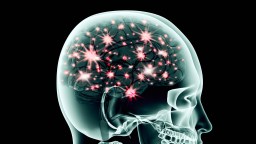Study reveals a big driver of false memories

- A key driver of false memories is the brain’s bias to recall events in ways that conform to what usually happens. Thus, we can misremember events that don’t fit with how the brain expects them to play out.
- In a new study, researchers tested whether subjects would form more false memories about a storyline that doesn’t follow a typical beginning-middle-end structure.
- Their hypothesis was correct. When trying to remember video clips without a clear conclusion, subjects would unknowingly fabricate one.
Memory is not a video recorder, even though we might like to think it is. Our eyes are not lenses through which we perfectly capture reality. Our brain is not a flash hard drive. Rather, memory is fickle from the get-go and grows more distorted as time passes, leaving our minds full of false memories — some merely misremembered, perhaps with an added or missing detail — and others entirely fabricated.
False memories arise because the human brain is fundamentally a recreation engine, absorbing data from our senses and constructing a perception of reality rather than displaying a raw one. This neurological assembly is ongoing, meaning our memories are untrustworthy at first and downright dubious days, weeks, months, and years down the road.
Total recall?
A key driver of false memories is the brain’s bias to recall events in ways that conform to what usually happens. Reality, after all, is predictable, so the brain attempts to predict it both to save resources and provide us with a streamlined perception.
In research recently published in the Journal of Experimental Psychology, psychologists at the University of Sussex revealed this bias in a clever way. In five slightly different experiments, they showed hundreds of subjects dozens of short videos. Some videos had a coherent beginning, middle, and end, while others were cut short by a scene or two. For example, one video showed a pitcher throwing a baseball to a batter. In the full version, the batter hits the ball, and then we see fans cheering. On the other hand, the shortened version ended as the pitch was on its way. Additionally, in one of the experiments, videos had added scenes that briefly introduced a new story line with the same characters, so the structure was: beginning, middle, end, beginning.
In some experiments, subjects were asked to recall the clips immediately after viewing all the videos, while in others their memories were tested one week later. The researchers hypothesized that participants would have a harder time accurately recalling incomplete videos or videos that introduced a new story line because they do not conform to a typical beginning, middle, and end structure.
The results confirmed their hypothesis. Participants who viewed videos that didn’t have tidy conclusions tended to have more false memories. Those who watched incomplete videos often fabricated endings. In the baseball video, for instance, they misremembered seeing the batter swing and miss or hit the ball. On the other hand, those who watched videos that started a new scene tended to completely forget the addition.
False memories were more common for subjects who watched videos without a traditional beginning, middle, and end structure regardless of whether they were asked to recall the videos immediately or one week later. In one experiment with delayed recall, 42.5% of subjects who viewed incomplete videos remembered details that didn’t happen, while only 8.2% of subjects who viewed complete videos did. In another with immediate recall, 8.4% of subjects who viewed incomplete videos remembered details that didn’t happen, while only 0.3% of subjects who viewed complete videos did.
Missing end points
“These experiments highlight how people are biased to recall events as having well-defined end-points, even when that conflicts with what was actually experienced,” the researchers wrote.





